Keywords: Oil
There are more than 24 results, only the first 24 are displayed here.
Become a subscriber for more search results.
-
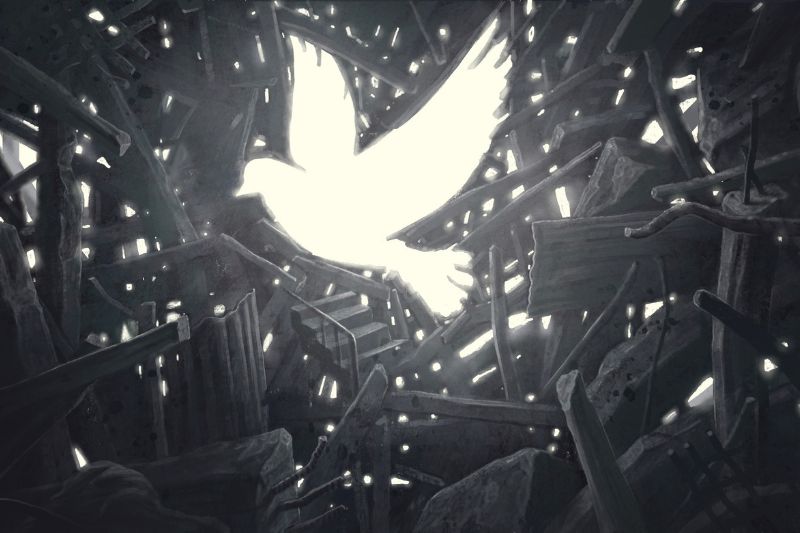
RELIGION
- Danielle Terceiro
- 16 April 2025
Even in a world marked by war, exile and devastation, the Easter story offers a defiant hope: that ruin is not the end. Rooted in a vision of restoration beyond history’s violence, it speaks to a yearning deeper than despair — for justice, for peace, for a feast with no end.
READ MORE
-
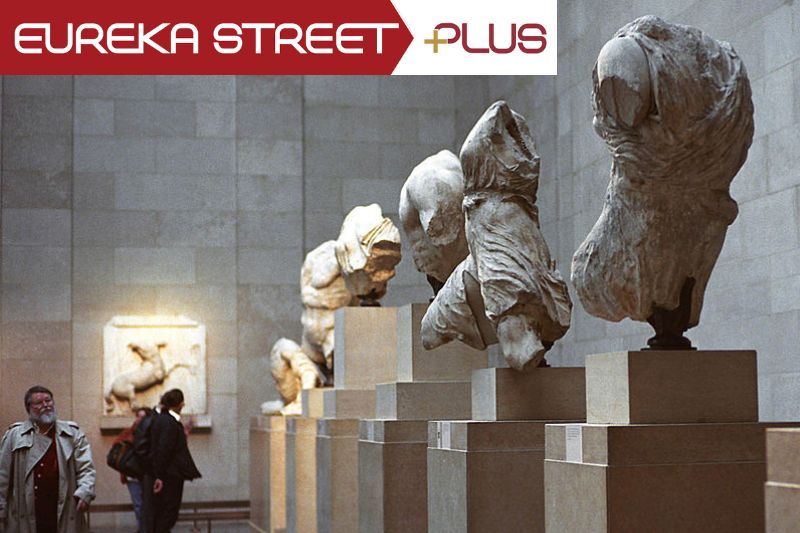
ARTS AND CULTURE
- Gillian Bouras
- 04 April 2025
The Parthenon Marbles have long stood at the centre of a cultural standoff between Britain and Greece — art or artefact, spoils or stewardship? As negotiations inch forward, the ancient stones carry modern weight, raising urgent questions about restitution, identity, and what it means to right the wrongs of empire.
READ MORE 
-
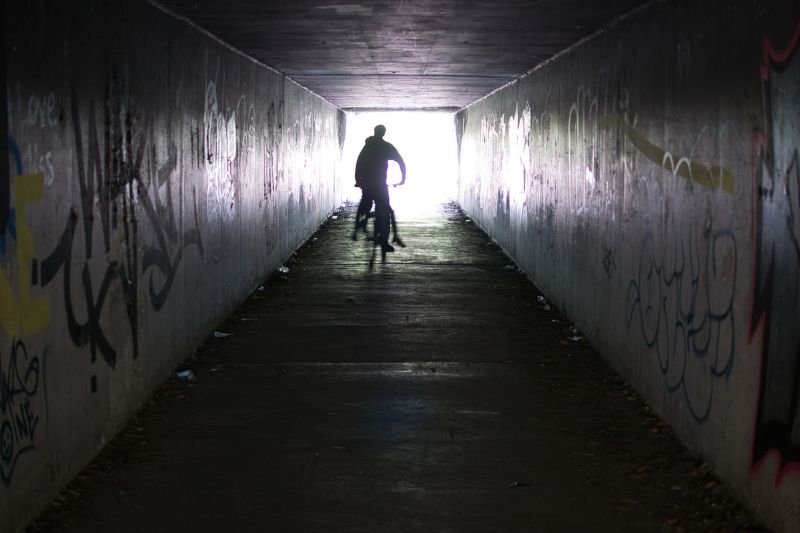
AUSTRALIA
- Andrew Hamilton
- 02 April 2025
Countering a rise in youth crime with tough new bail laws will ensure community safety, but risks compounding the very crisis they aim to solve. As more children are placed in detention, the changes raise urgent questions about justice, policy failure, and the long-term social cost of prioritising punishment over prevention.
READ MORE
-

ENVIRONMENT
- Michele Gierck
- 28 February 2025
Dr. Paul Hardisty has spent years chronicling the Great Barrier Reef—not just its breathtaking beauty, but its battles for survival. In In Hot Water, he traces a century of near-misses and looming catastrophe, from oil drilling threats to climate-driven bleaching, revealing the fragile, high-stakes fight to save the world’s largest coral ecosystem.
READ MORE 
-

INTERNATIONAL
- Anonymous
- 20 February 2025
Myanmar’s military-led turmoil drives millions from their homes, bombs local communities, and keeps democracy icon Aung San Suu Kyi behind bars. Once a nation of proud heritage and abundant resources, it now teeters on social and economic collapse. Our deep dive examines an enduring crisis and the determination powering an urgent call for change.
READ MORE
-

INTERNATIONAL
- Andrew Hamilton
- 06 February 2025
Donald Trump’s presidency, often dismissed as chaotic, follows a clear, transactional logic: power over principle, loyalty over institutions, and reshaping America into a high-stakes deal-making enterprise. But history suggests such a system cannot last. In the meantime, how should we respond?
READ MORE
-

ARTS AND CULTURE
- Juliette Hughes
- 10 October 2024
I wish I could tell you why Nobody wants this is so funny without giving spoilers. Add to that the real tenderness between the two lovers, and you’ve got something unusual: a believable romance, funny and sometimes surprisingly honest with little moments of humility and vulnerability.
READ MORE
-
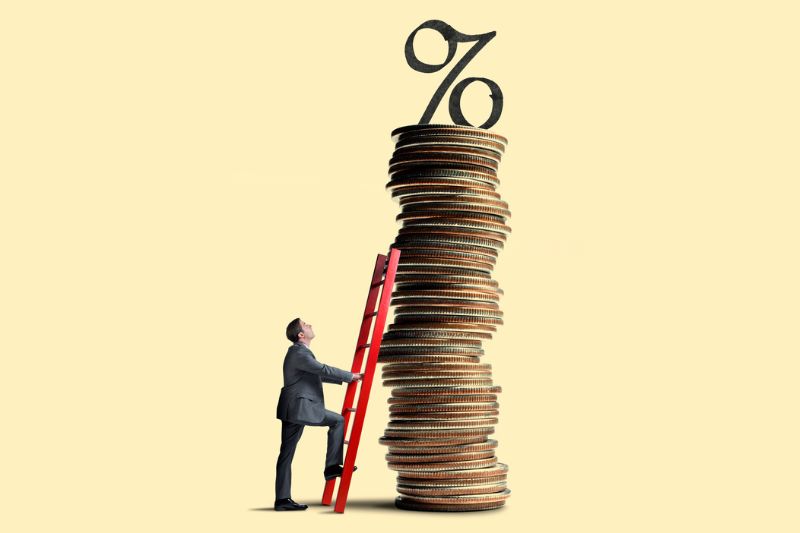
AUSTRALIA
- Joe Zabar
- 17 September 2024
2 Comments
As Australia heads toward the 2024 federal election, voters are grappling with soaring costs of living, stagnant wages, and weak GDP growth. Inflation is easing but prices remain stubbornly high. Will the Albanese government’s strategies to combat inflation satisfy an increasingly strained electorate?
READ MORE
-
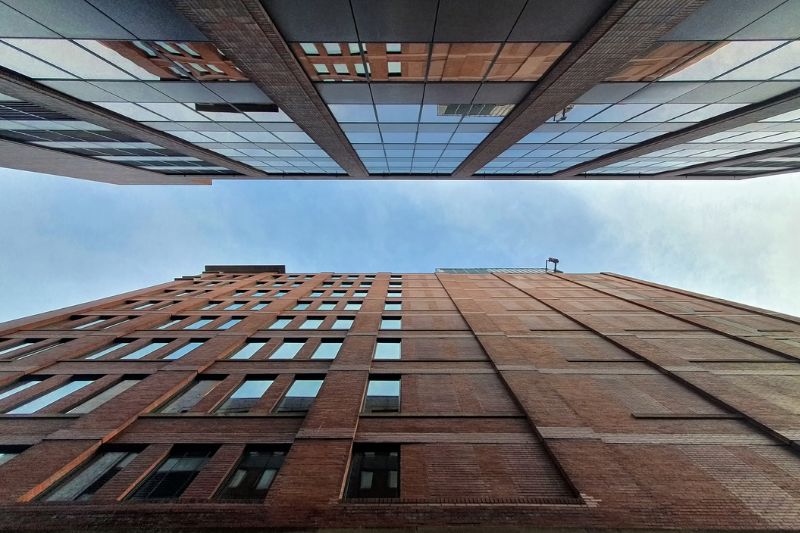
ECONOMICS
- David James
- 10 September 2024
2 Comments
As continued high interest rates and stagnant incomes put a strain on households, leading more Australians give up on the dream of home ownership, government attempts to manage both the cost of living crisis and the housing crisis may be doing too little too late.
READ MORE
-
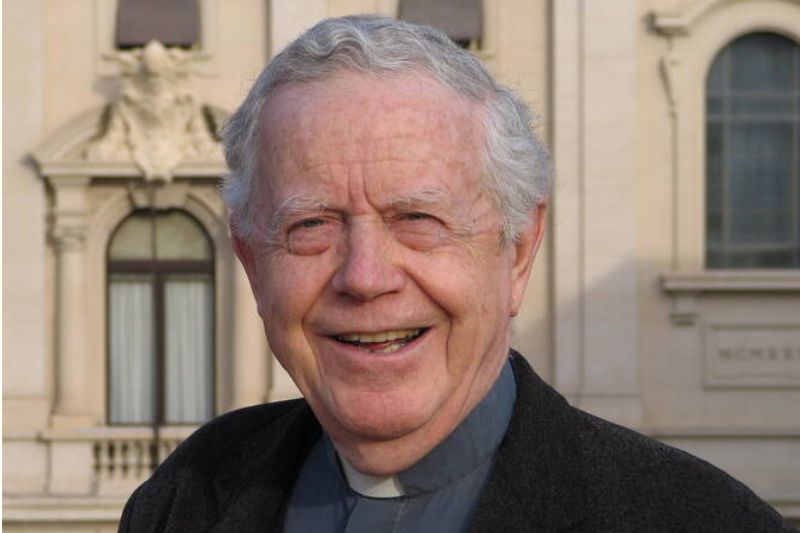
RELIGION
- Julian Butler
- 26 August 2024
3 Comments
Gerry had a wonderful way of making people feel welcome. He wanted to see people at their best and his company allowed others to be so. Gerry’s life was peopled by some of the most significant figures in the global Church, and in political and cultural society more broadly, but he wore those connections lightly.
READ MORE
-

ECONOMICS
- David James
- 06 August 2024
1 Comment
In a world increasingly divided by geopolitical tensions, a new wave of protectionism is reshaping global trade. As nations turn inward, once-dominant economic models are being dismantled and new strategies are emerging. Is Australia prepared?
READ MORE
-

RELIGION
- Julian Butler
- 17 June 2024
There's a fine line between consuming news as a numbing distraction, and engaging with news that reminds me of human community. Even with the best of intentions to be informed and engaged, too often I find myself if not despairing, then at least lost in the volume.
READ MORE 